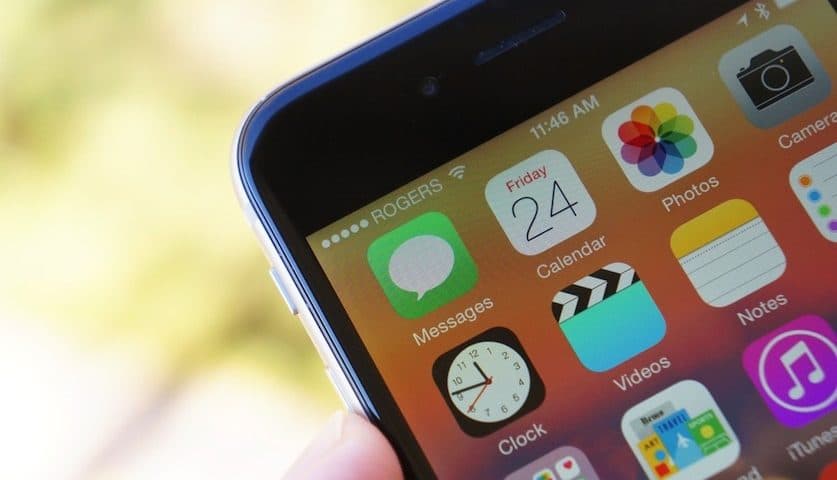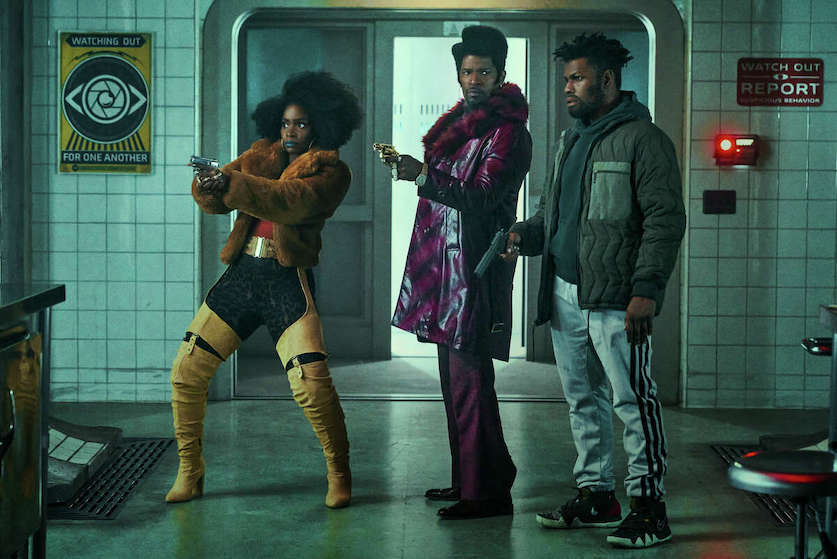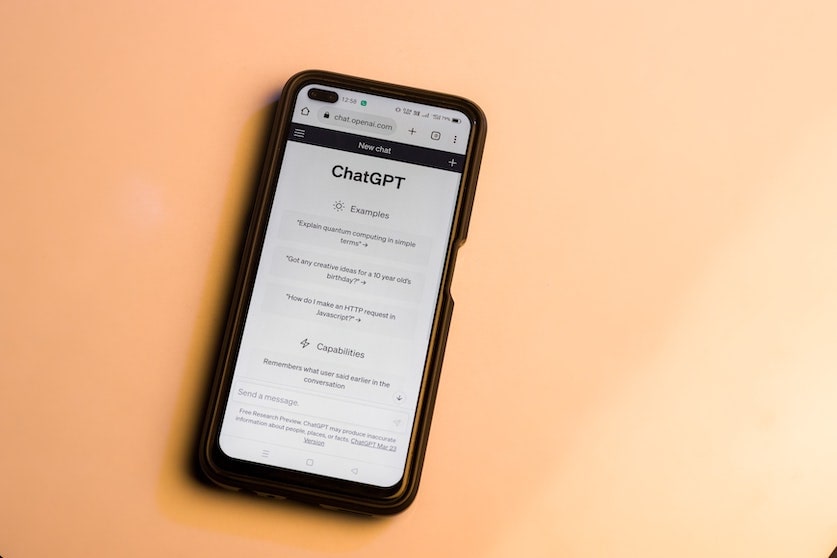
Celebrities attend Steve Harvey’s Neighborhood Awards
August 10, 2015
Jesse Jackson’s Open Letter to the Tech Industry
August 13, 2015As stated by former United States Supreme Court Justice William O. Douglas, “The class action is one of the few legal remedies the small claimant has against those who command the status quo.”
The class action is a potent legal tool. It allows for individual plaintiffs to do battle with well-financed corporate opponents. When claims are brought together in class action form, the cumulative amount may be large enough to make it possible to engage the services of high-priced and skilled lawyers. Class actions unquestionably empower the powerless to fight against the fiscally powerful. This tool can make it possible to litigate small claims, thereby serving the twin goals of compensation and deterrence.
Class certification was recently denied, however, in the case of Moore et al v. Apple Inc., U.S. District Court, Northern District of California, No. 14-02269. The tech giant Apple Inc. has dodged a Silicon Valley bullet by avoiding a class action lawsuit regarding a flaw with its iMessage technology following a ruling by Judge Lucy H. Koh on August 4.
Adrienne Moore purchased an iPhone in 2011, which she replaced with a Samsung Galaxy S5 in 2014. Shortly after switching phones she noticed she was not receiving text messages she expected to receive from users of Apple devices. In the original complaint, former iPhone users claimed that Apple’s iMessage system interfered with the delivery of their text messages after switching to an Android phone.
When a consumer switches to a new phone, they have a reasonable expectation that all the network functionality that worked on their old device will continue to work on their new one. Regrettably that was not the case for some iOS users who switched to Android devices as Apple’s iMessage blocked them from receiving any more important messages from iOS users.
The company released a tool in November 2014 to help people deregister from iMessage when they switch to a new platform. The online tool designed to help former iPhone users resolve ongoing difficulties with iMessage permitted users to either transfer their SIM cards to their old devices to deactivate iMessage or enter their phone numbers to deregister the iMessage service.
Plaintiff Adrienne Moore filed a complaint in San Jose, California against Apple in May of last year, alleging that the iMessage system prevented her from obtaining the full benefit of her new cellphone contract for an Android device. Moore, who seeks unspecified damages, claims iMessage kept texts sent to her from other iPhone users and would not send them along to her new Samsung phone after she switched to Android from an iPhone 4.
In November 2014, Judge Koh said Moore deserved a chance to show Apple disrupted her wireless service contract and violated a California unfair competition law, by blocking messages meant for her. “Plaintiff does not have to allege an absolute right to
receive every text message in order to allege that Apple’s intentional acts have caused an actual breach or disruption of the contractual relationship,” the court explained. The legal theory of the case is based on contractual interference laws.
Consumer class actions are generally brought when customers are injured by a company’s continuous and illegal practices, which may include illegal charges on bills, failure to comply with consumer protection laws, and illegal penalties for late-payments. Moore contends that Apple penalizes iPhone users who decide to switch to another type of smartphone by not sending along iMessages from remaining iPhone friends.
In her complaint, Moore stated that had she known that Apple’s messaging service would have prevented her from continuing to receive some text messages if she switched to a non-Apple device, she “would not have downloaded the iMessage and Messages service and application, or would not have purchased an iPhone or other Apple device in the first instance.”
A federal judge in California has refused to elevate the suit to class action status, ruling there is insufficient reason to believe that the iMessage issue impacted enough customers and it is unlikely that all of those that were affected would have missed out on important conversations that would entitle them to compensation.
The U.S. District Court for the Northern District of California found that Moore and her attorney satisfied the legal requirement for showing standing to proceed with her complaint but that the description of other Apple users to be included in a class action case was overbroad because it potentially included iPhone customers who might never have had access to text messaging services that supported iMessage.
Judge Lucy H. Koh explained that even if iMessage has “systemic flaws that could result in the disruption of text messaging services, that determination does not assist the court in determining whether iMessage actually caused the proposed class members to suffer any interference.”
While not dismissing Moore’s right to proceed with an individual complaint against Apple, Judge Koh determined “class certification would be inappropriate.” Specifically, the court posited that individual issues for each potential plaintiff predominate over any common issues a class of complainants might have. The judge indicated that while the case may have some merit, it could not proceed as a group lawsuit because there is not enough evidence that iMessage inconvenienced all members of the lawsuit.
Individuals are still free to pursue Apple for compensation based on their individual claims. Although, this ruling will greatly reduce Apple’s potential penalties and makes it unlikely that the company will have to reach a substantial out of court settlement that targets its iMessage practices.
Apple Inc. is a monolith. Their legal prowess is unparalleled. The potential tragedy here is the fact that class members could have received just compensation for violations, even if their individual claims were relatively small.
Stacy Slotnick, Esq. is an entertainment lawyer at Star Equity (formerly Northeast Venture Group) in New York. She drafts and negotiates contracts and addresses trademark, copyright, patent, and other intellectual property issues. Stacy also directs public relations campaigns and consults on branding, licensing, and merchandising. Stacy (a.k.a. The Foxy Jurist) holds a J.D., cum laude, from Touro Law Center, and a B.A., summa cum laude, from the University of Massachusetts Amherst.
Follow Stacy Slotnick on Twitter@TheFoxyJurist








